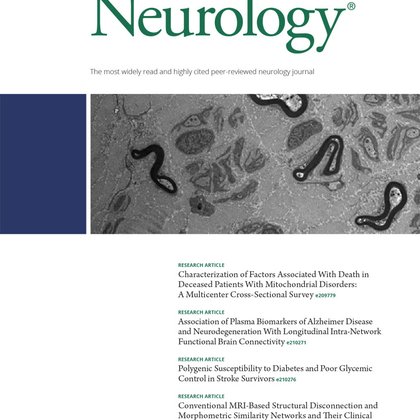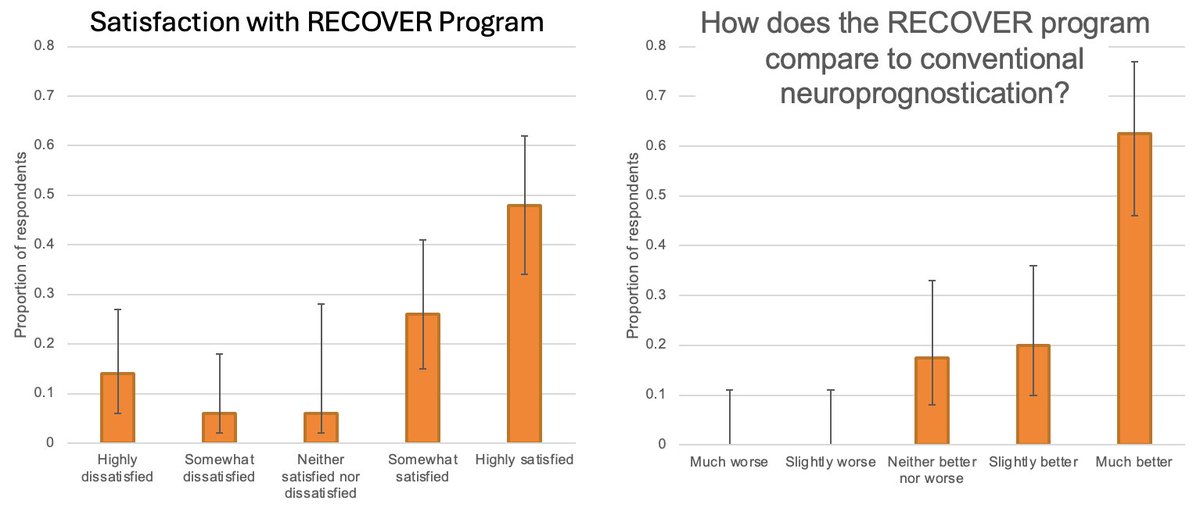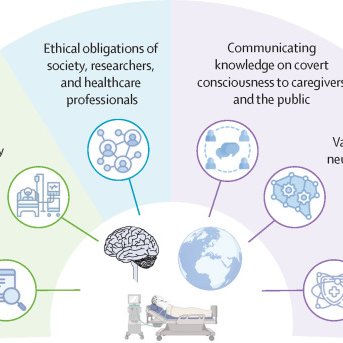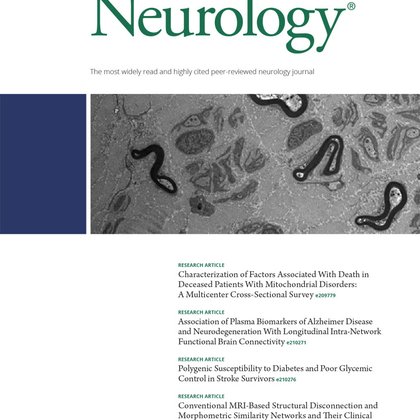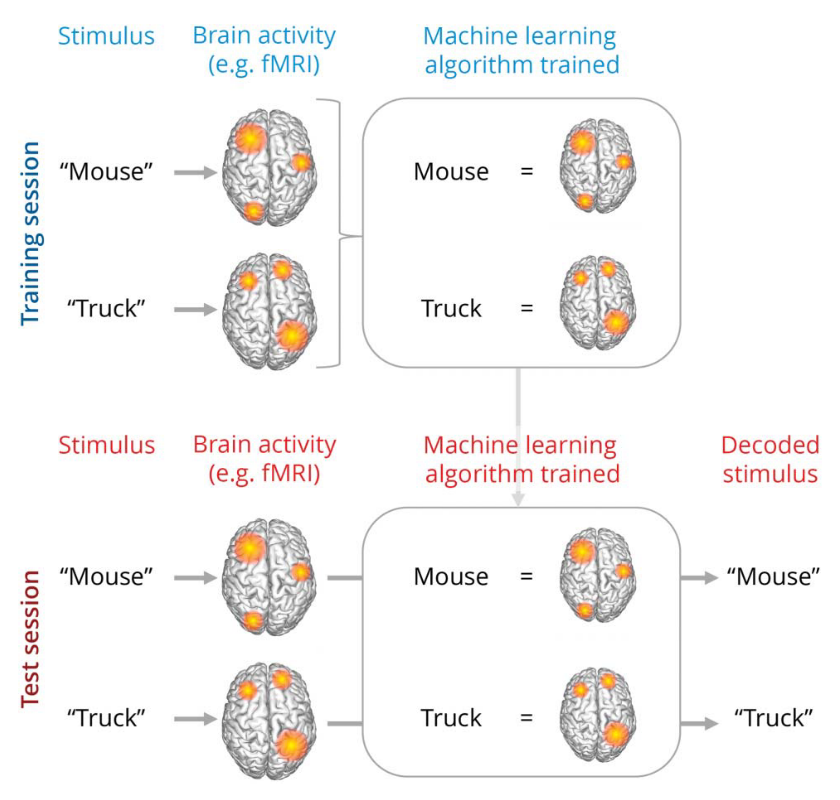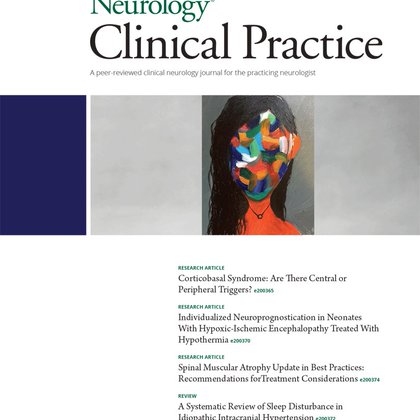
David Fischer, MD
@dbfisch
Followers
856
Following
128
Media
74
Statuses
153
Consciousness doctor, neurointensivist and director of the @RECOVER_program, dedicated to consciousness recovery after brain injury @PennMedicine.
Philadelphia, PA
Joined August 2009
Covert consciousness, where unresponsive patients willfully modulate brain activity to command, is gaining attention. But these assessments are fundamentally limited. What if we could just. read their minds instead? 🧵 about our paper in @GreenJournal
neurology.org
Determining the level of consciousness in patients with brain injury—and more fundamentally, establishing what they can experience—is ethically and clinically impactful. Patient behaviors may...
3
17
55
RT @OscarJMitchell: Crazy! - the 1st email for our new conference, REVIVE has gone out - Early Bird registration is open!. What you can exp….
0
3
0
What's the impact of @RECOVER_program, a specialized neuroprognostication service, on provider attitudes? This survey study in @Resus_Plus suggests providers are satisfied, think it's better than the usual, and makes neurology more useful. More at #AANAM
0
6
10
Privileged to collaborate with this international group of experts on disorders of consciousness at a recent conference. A resulting paper, led by @MJYoung_MD in @TheLancetNeuro, outlines an ethical approach to covert consciousness assessment.
thelancet.com
The potential for cognitive motor dissociation in patients who are behaviourally unresponsive after a severe brain injury poses profound ethical challenges. An international study revealed that one...
0
3
14
Regardless, we are excited to see where this road takes us in treating this vulnerable patient population. If you're interested in joining this collaborative effort (@RECOVER_program, @ComaRecoveryLab, and many others), check out our job posting here!:
Do you have experience with fMRI analysis? Interested in consciousness and helping patients in coma? Consider applying for this position to join our @RECOVER_program team at @PennMedicine. Please reach out with ?'s and spread the word!.
0
0
5
Neural decoding as a covert consciousness assessment is not without limitations. One cannot investigate another's consciousness without eventually falling into a philosophical rabbit hole. Read a thoughtful editorial about this piece here:
neurology.org
1
0
3
Take this brilliant study by @alex_ander and colleagues. Healthy subjects listened to narratives during an fMRI scan, then individualized algorithms decoded novel narratives with surprising accuracy.
nature.com
Nature Neuroscience - Tang et al. show that continuous language can be decoded from functional MRI recordings to recover the meaning of perceived and imagined speech stimuli and silent videos and...
2
0
3
Do you have experience with fMRI analysis? Interested in consciousness and helping patients in coma? Consider applying for this position to join our @RECOVER_program team at @PennMedicine. Please reach out with ?'s and spread the word!.
0
1
8
RT @stephanamayer: This is cool. RECOVER. A multidisciplinary team at @PennNeurology that provides neuroprognostication for DoC pts — an….
neurology.org
BackgroundNeuroprognostication for disorders of consciousness (DoC) after severe acute brain injury is a major challenge, and the conventional clinical approach struggles to keep pace with a rapidly...
0
11
0
RT @MJYoung_MD: Clinical Implementation of fMRI & EEG to Detect Cognitive Motor Dissociation: Lessons we learned in translating neurotechno….
neurology.org
BackgroundCognitive motor dissociation (CMD) occurs when patients with severe brain injury follow commands on task-based functional MRI or EEG assessment despite demonstrating no behavioral evidence...
0
2
0
RT @YelenaBodien: Studies show that some patients who appear unresponsive after severe brain injury can follow commands covertly, as detect….
neurology.org
BackgroundCognitive motor dissociation (CMD) occurs when patients with severe brain injury follow commands on task-based functional MRI or EEG assessment despite demonstrating no behavioral evidence...
0
6
0

